
 400-800-6892
400-800-6892



 CN
CN
![]()
![]()



 CN
CN
![]()
![]()

 400-800-6892
400-800-6892Release time:2025-09-26 Click count:0
Portable AC/DC Charging Station Test - Platform Software
Skonda PTS is a standard testing platform developed for on-site testing of new national standard AC/DC charging piles. It has a Chinese English interface and is suitable for international demand applications. In addition, it can solve the problems of traditional customization or self-developed systems. This platform continues Skonda's over 10 years of professional experience in the industry.
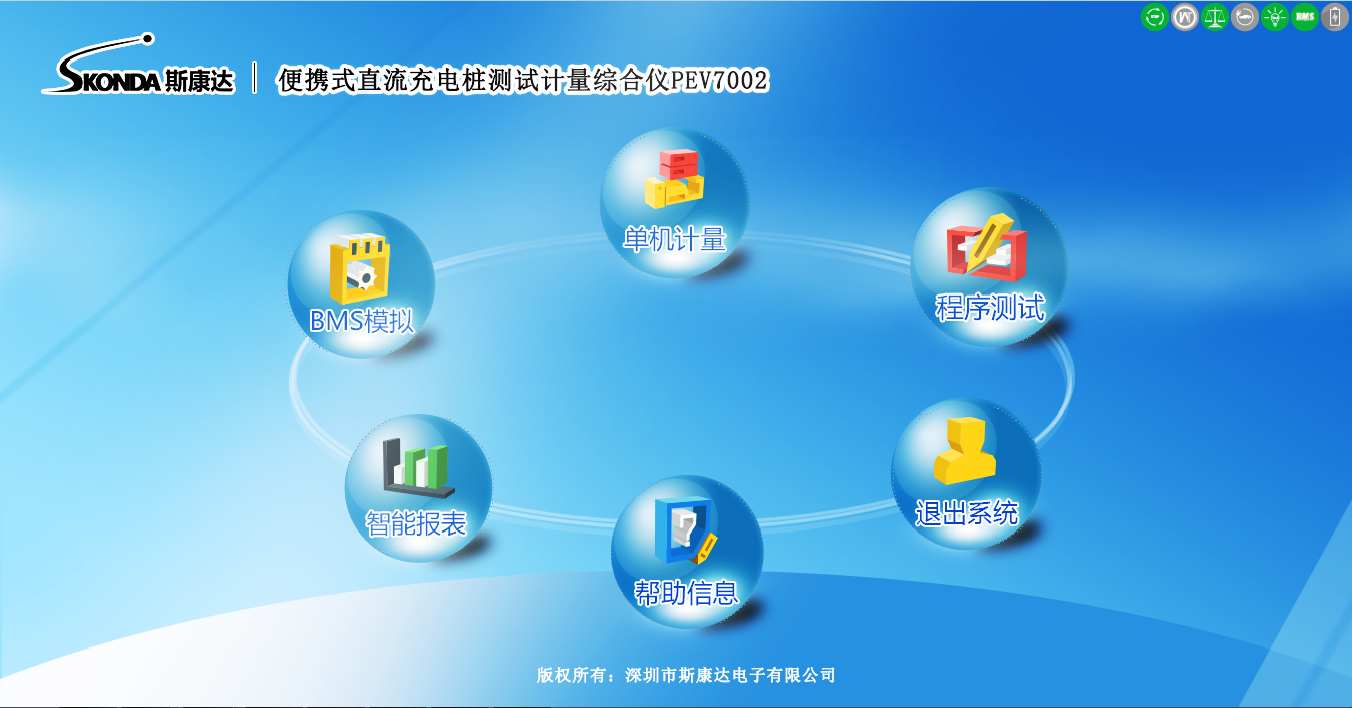
Main interface of DC portable test and measurement comprehensive instrument

Main interface of DC portable test and measurement comprehensive instrument
1.1. Functional Features
(1) Standard project:
The system has built-in national standard interoperability specifications and other standard national standard projects, which can be directly called for testing.
The test project is defined according to the national standard name, and the project parameter names are defined in Chinese. The variable names correspond to the national standard test results.
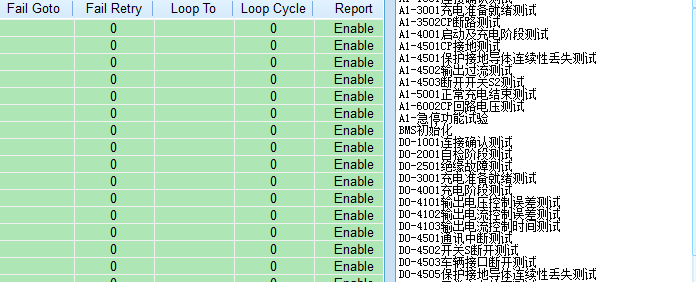
(2) Supporting secondary development:
The test project supports secondary development, with built-in control commands for functional modules that can be edited and modified based on actual testing.
Support file operations, capable of writing and reading configuration files.
Support extending external exe program calls.
The conditional judgment relationship of editable test result variables.
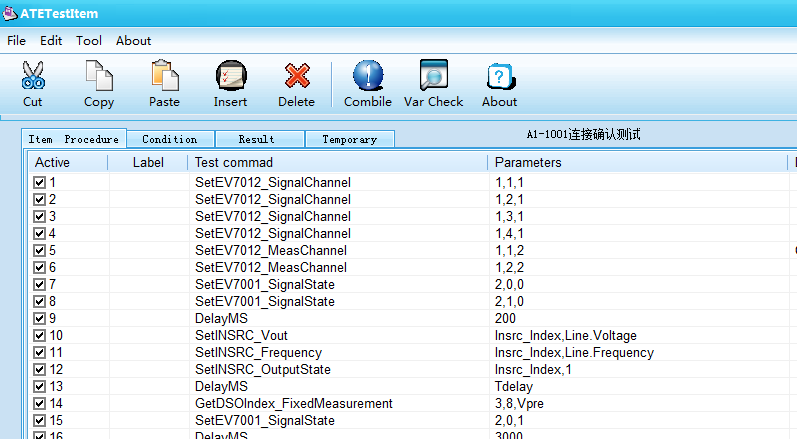
(3) Flexible configuration:
The testing program supports self adjustment, and the program needs to check the testing items by itself;
The project can be edited and debugged, and can be expanded from testing projects to testing instructions.
Can set breakpoints to meet debugging and running requirements.
Can run and debug independently with a single project and single instruction to confirm the functionality of the test project.
Test jump can be set to meet different jump requirements for testing PASS and FAIL
Can set up cyclic testing and failed retesting
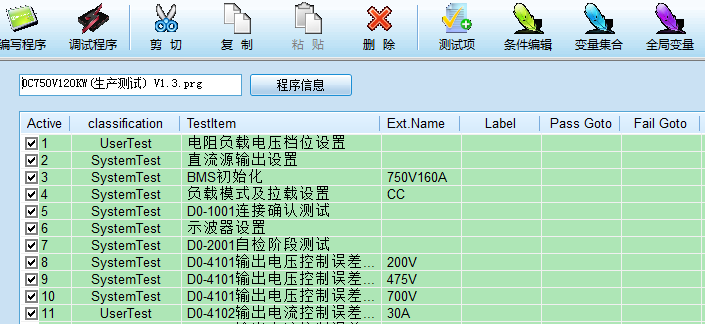
(4) Standard protocol interface:
The system supports multi protocol unified standard interface function
Support RS232, USB, LAN extended communication
Built in 100 sets of data input and output
Built in 100 sets of extended function functions
Open source code, fully self maintained
Support adapting test items to different charging stations without changing them.

(5) Database storage:
Store test data in a database format
The database is distinguished by date to avoid individual files being too large or exceeding the limit
Supports both ACCESS and SQL Server database formats
Support fuzzy search for serial numbers in reports
Support date retrieval
Support external database data reading
Data must be saved for a long time and cannot be deleted

(6) Multi format report:
Support XLS, XLC, TXT standard data report self export
Support custom formatting and editing of individual report formats
Support batch export of custom reports.
Support custom project reports, which can automatically combine test projects and export reports
Support statistical report output
Support custom format statistical report output
Support automatic calculation of statistical parameters such as mean square error and CPK value in statistical reports
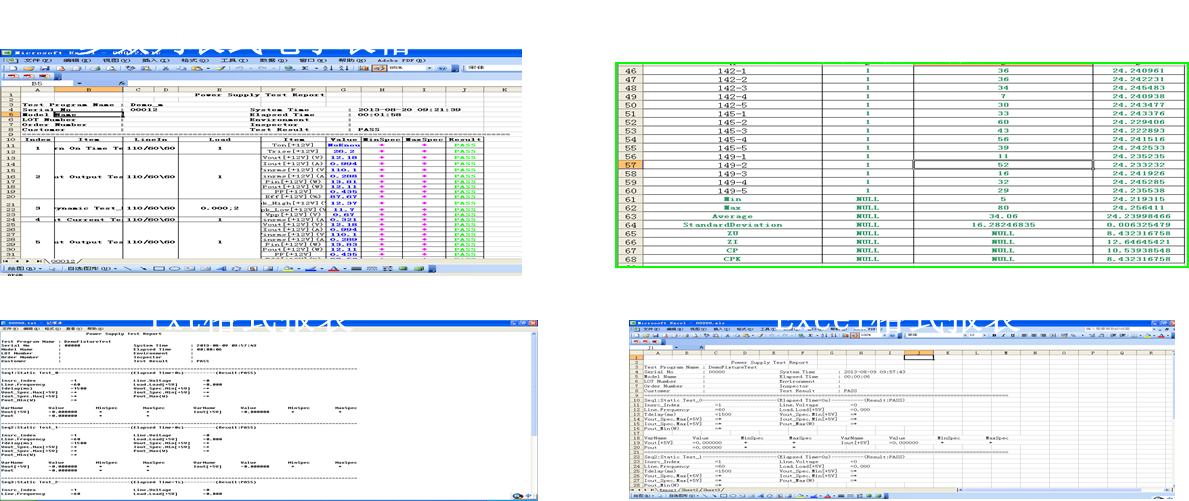
(7) Graphical report:
Test data waveform automatically corresponds and saves.
Image display position can be set in the report
Can export image waveforms.
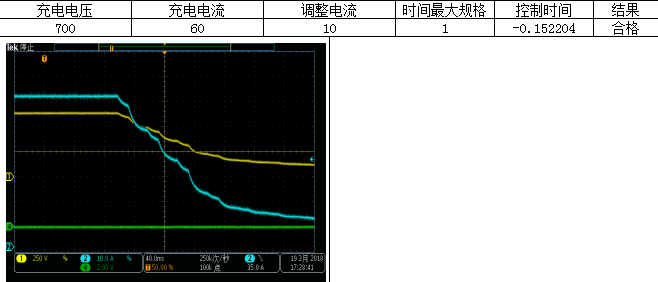
(8) Instrument Expansion
The system supports instrument expansion interfaces
The system supports import and export of instrument drivers
New testing instruments can be imported according to testing needs
Importing a new instrument does not require changing the test items and can be replaced with support

(9) Hardware free configuration:
According to the hardware configuration file,
Can set hardware communication methods and communication parameters
Hardware models are optional
After changing the hardware model, there is no need to modify the testing program, and it can be tested directly
The device can be configured with parallel extension to expand the load power

(10) Multi level permission management:
The system is divided into four levels of permission management
First level permission: Only need to select the program and test its functionality.
Second level permission: can modify program setting condition parameters and edit test programs.
Third level permission: can modify the process of program testing projects, and can modify the comparison relationship of test results.
Fourth level permission: The ability to modify system program source code and maintain system functions completely autonomously.
Validity period can be set for different users
Can manage the usage of different users
Can record system operations of different users

(11) Program management
The system has program management function
System programs can be imported and exported for management
The system program can specify hardware configuration files
Record the modification time of system programs
Release management of system programs, unpublished programs cannot be selected in the testing interface
The published program cannot be modified or saved to prevent tampering

(12) Network server functionality:
The system supports server program management
The system can set server parameters such as server path address
The test program can be uploaded to the server, and the test can directly call the server program
Server programs can specify local hardware configuration files
The server program can be downloaded locally

(13) MES system functions:
System configuration MES data interface
System supports serial number status check
The system supports automatic retrieval of serial numbers for testing programs
Support cross checking between serial number and program name
The system supports uploading test data
The system supports real-time data updates

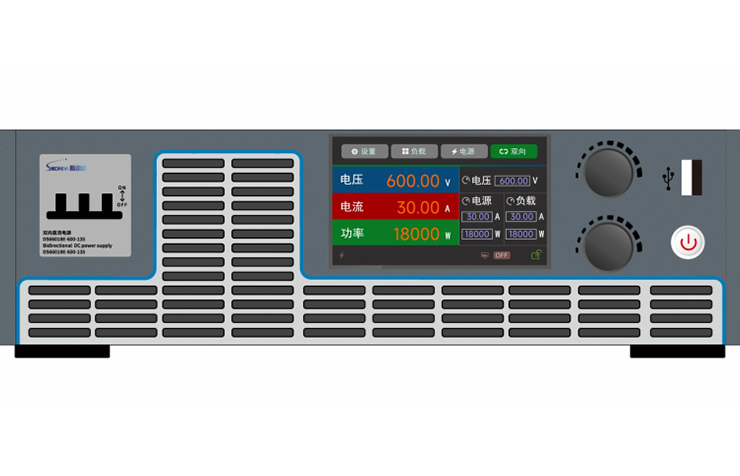
2025-09-26
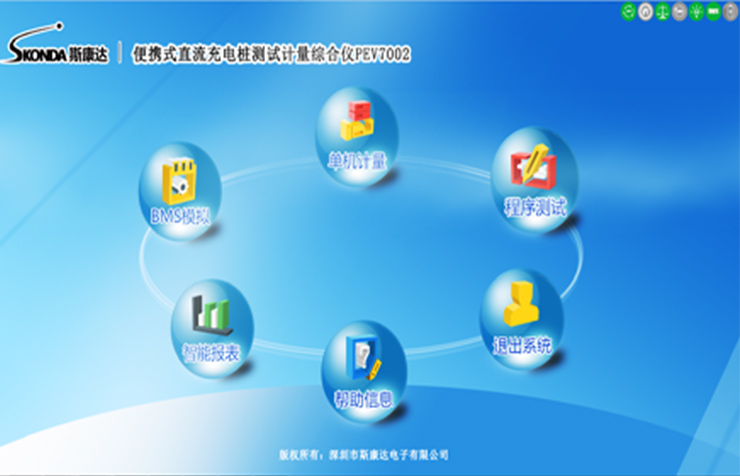
2025-09-26
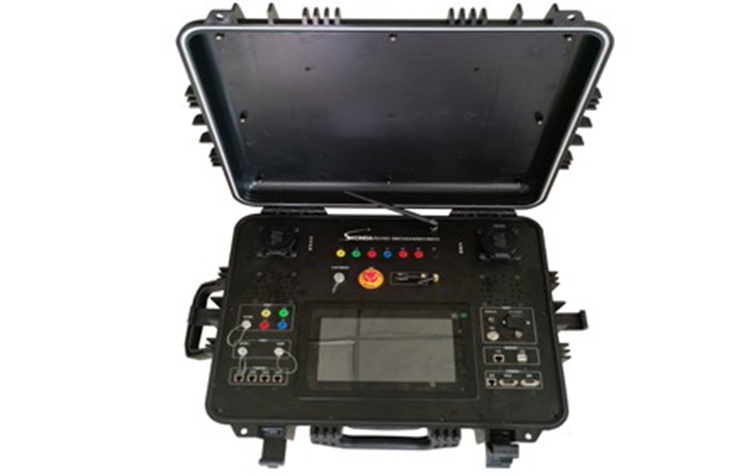
2025-09-26
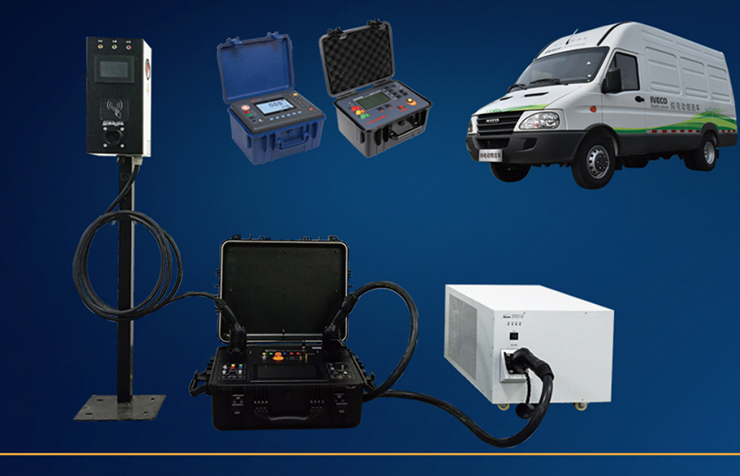
2025-09-26

2025-04-22